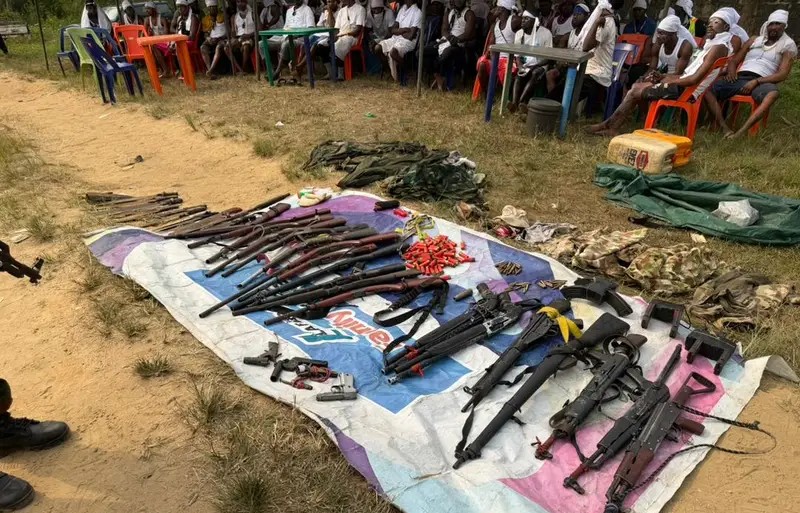The recent memorandum of understanding (MOU) between Ethiopia and the breakaway region of Somaliland, granting Ethiopia access to the Red Sea via the port of Berbera, has sparked outrage and heightened tensions in the region.
Somalia has taken swift action in response to the deal, recalling its ambassador to Ethiopia and vehemently asserting its commitment to defending its territorial integrity. Prime Minister Hamza Abdi Barre declared that Somalia would use “all legal means possible” to protect its sovereignty, labeling the agreement as a violation of international law.
Ethiopia, the second most populous African country, has been grappling with the loss of its direct access to the Red Sea since Eritrea gained independence in 1933. The port agreement with Somaliland is seen as a strategic move to secure a vital maritime gateway for global trade, circumventing the logistical constraints of its previous reliance on Djibouti for the majority of its trade.
The implications of this deal have not only triggered a diplomatic standoff between Somalia and Ethiopia but also raised concerns about potential escalation into a broader regional conflict. The ongoing tensions between Ethiopia and Eritrea, coupled with Somalia’s adamant stance on the sovereignty of Somaliland, have intensified the geopolitical significance of this development.
Somaliland, which declared independence from Somalia in 1991, sees the agreement as a milestone in securing formal recognition of its sovereignty. This has added another layer of complexity to an already delicate and protracted issue, drawing attention from international bodies such as the United Nations, the African Union, the Arab League, and the East African regional bloc IGAD.
The timing of this port deal is particularly sensitive, coming on the heels of the resumption of dialogue between Somalia and Somaliland, brokered by Djibouti. The international community, represented by entities like IGAD and Britain, has cautiously welcomed the dialogue as a step toward reconciliation, raising hopes for a peaceful resolution amidst the escalating tensions.
As the implications of this landmark agreement reverberate across the region, the international community faces the challenge of navigating a complex web of historical, political, and strategic interests, with the potential to reshape diplomatic dynamics and regional alliances in the Horn of Africa.
The stage is set for a high-stakes diplomatic showdown, with far-reaching ramifications for international maritime trade, regional stability, and the longstanding quest for recognition and autonomy within the complex tapestry of the Horn of Africa.



